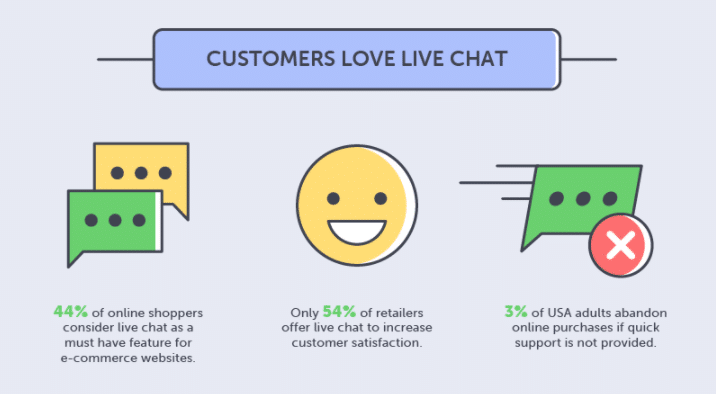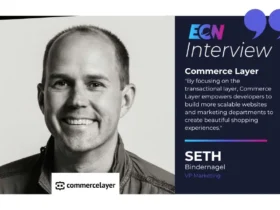You’ve had an amazing idea.
It’s simple, there’s a gap in the market and you just know your online store will be a success. But just how do you get it off the ground? The traditional route of securing a loan from a bank isn’t for you, but you still need funds to produce, market and ship your product to the world.
Crowdfunding could be the answer. It’s a great way to get noticed: Crowdfunding giant Kickstarter receives 9.9 million visits per month and with the crowdfunding industry worth over £14 billion; it’s definitely worth considering.
Just what is crowdfunding?
Crowdfunding is a platform that allows potential businesses like yours to pitch product and service ideas to an online community who may be interested in investing. This method of launching companies is gaining speed and popularity and so far has added more than $65 billion to the global economy. There are many platforms available to use, each with their own pros and cons:
- Kickstarter: probably the most well known and popular of crowdfunding platforms, Kickstarter has helped successfully fund over 100,000 projects. Over $2 billion has been pledged since the launch of this platform, and it’s showing no signs of slowing down. No crowdfunding platform is free, and Kickstarter will cost 5% of funds raiser and 3-5% for transaction fees.
- Indiegogo: this platform has a well known arts following, and is particularly good for nonprofits and artists looking to make a start. With an easy three step process, it’s an excellent choice for young businesses who need a helping hand. With over $1 billion pledged to projects, it is definitely worth consideration. Indiegogo charges 4% of funds raised (if you reach your goal) and 9% if you don’t.
- Crowdfunder: Crowdfunder is both an online and offline resource, and encourages collaboration and investment, if you’re looking for potential partners, as well as funding, it could be worth your time. Crowdfunder costs 5% of your met goal as well as some payment processing fees.
- Rockethub: this is a global community for entrepreneurs. Rockethub also has a fantastic blog to give you ideas and expert advice on how to grow your business and manage your crowdfunding experience. It cost 4% (if your goal is met) and 8% if it’s not.
So, how does it work?
Usually a free service, crowdfunding encourages e-commerce entrepreneurs from all walks of life. By registering and marketing your idea to potential investors, funders will contribute to an overall financial target. Unlike finding business investors, you don’t have to give away a massive stake in your e-commerce company and it allows you to validate your idea in the eyes of the public before it is built and mass marketed.
It enables less connected entrepreneurs, who likely are building their support from the ground up, to level the playing field between them and bigger budgeted companies. But of course, like any business setup, there are both pros and cons to crowdfunding:
PROS:
- You can gain access to money you may not have been able to get from a bank
- It’s far easier and less stressful than applying for a traditional loan
- You remain in control of your company without having to give away huge stakes to get started
- Seeing people approve your idea can help motivate you to strive for your goal
- Crowdfunding also works as a marketing tool and enables you to promote to a larger audience than you may initially have access to
- It allows you to develop and improve your idea through engaging with the funding community and gaining their feedback
CONS:
- Others may see your idea and endeavor to copy your concept and use it as their own original design or solution
- It’s important to pitch your product well and frequently to keep up interest, which can be a very time consuming activity
- There’s no guarantee you’ll reach your fundraising goal
- Some crowdfunding platforms are not regulated by financial authorities, so do your research and be aware
Would crowdfunding be best for you?
Before you consider crowdfunding, it’s important to see out expert advice and have due diligence before you have any monetary support from the funding community. Have a plan, do the research and know how you’ll achieve your end goal before pitching. Here are some questions you can ask yourself to figure out if crowdfunding is right for you:
- Is your product for a target or specific audience? It makes it easier to connect with a defined group in the funding community. Gadgets, electronics, jewelry, art, books, games and creative projects (movies and music) are well suited
- Is it important to keep your idea a secret? There’s no guarantee that your product will be protected online, as a concept is difficult to patent however if you are able to, you can protect your product with a provisional patent
- Do you have a specific and attainable fundraising goal? Prepare a funding rationale, and remember that the $1,000-$15,000 range is where most people success in obtaining their goal. Don’t forget to budget for build and fulfillment
- Do you already have a fanbase for your idea? You need to have the support before you even consider trying to get funds together or asking for them. 500-1000 supporters in your network will make the process easier and smoother for you. Focus on building your network before crowdfunding.
How do you get started?
If you’ve decided that crowdfunding is the route for you, then it’s important for you to plan your campaign. Having an excellent marketing and PR strategy is a crucial factor in convincing people from the funding community to invest in your product.
You need to invest your time into constant promotion and building a relationship with your target audience. There are several ways to achieve this:
- You can create videos for your funding page tracking your progress and promoting your ideas
- Include photos of your design, concept and creation process, as well as information about yourself and your company to help the funders become truly invested in you
- Another method is to approach influencers – send out press releases or free samples to social media influencers and bloggers
- Give incentives – free samples to the people you’re pitching to. Experiencing the project may help convince them to invest
Crowdfunding is an excellent method for jump starting a project, idea, service or product. For fledgling companies, it can be an ideal way for gathering an audience, pitching and gaining support. It’s important to research the crowdfunding platform you use, as well as the ‘how’ behind your project. Ensure that you have a concrete plan in place for your campaign and a smart marketing strategy that will get you noticed. If you decide that crowdfunding is for you, the best of luck!
What are your thoughts on using crowdfunding to launch your business? Tell us below or tweet us!





